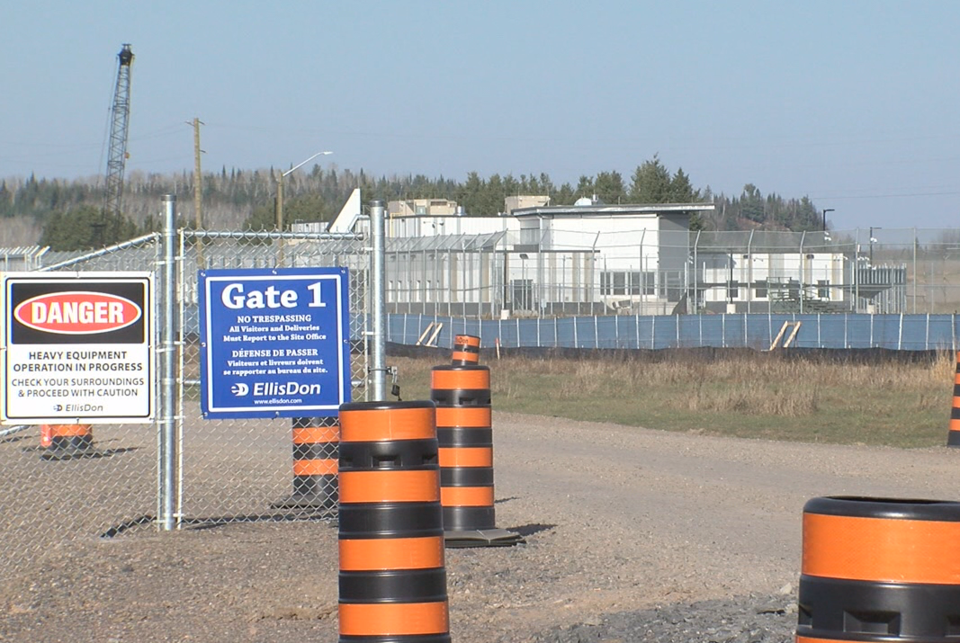EDITOR’S NOTE: A version of this article originally appeared on The Trillium, a new Village Media website devoted to covering provincial politics at Queen’s Park.
Ontario's Progressive Conservative government quietly last week published tweaks to the province's law dictating when inmates in provincially run jails can be strip searched.
The changes are meant to better clarify when strip searches are necessary, "ensure respect for human rights and dignity," and "promote the use of less intrusive search methods," a spokesperson for Solicitor General Michael Kerzner said in an email on Monday. They're set to take effect in phases over the next year.
The Ford government published amendments to regulations under Ontario's Ministry of Correctional Services Act about eight and a half months after finishing a one-month consultation about them. A document published by Kerzner's ministry last fall said its proposed changes were meant to "reduce the number of strip searches" and improve oversight of them while still maintaining safety and security in jails.
In 2017, the year before Premier Doug Ford's PCs were elected, an independent panel recommended the provincial government make major changes to strip search rules after finding Ontario’s were "inadequate."
“The use of strip searches in Ontario's institutions is particularly troubling,” the panel that included the province’s corrections adviser said in a report in 2017.
“The Canadian Charter of Rights and Freedoms strictly limits the use of strip searches due to their inherently humiliating and degrading nature, and most jurisdictions in Canada have legislative provisions that limit the use of these searches in correctional institutions. Ontario does not.”
“In fact, ministry policy requires Ontario's correctional institutions to carry out regular, routine strip searches of all inmates on a bi-weekly basis,” the corrections review panel wrote.
Currently, Ontario’s law requires that strip searches only be done somewhere in a correctional facility where an inmate “is not subject to embarrassment or humiliation.”
The exact definition of a strip search, how it’s carried out, and when one should be conducted is also currently largely shaped by guidance from the Ministry of the Solicitor General, rather than law passed through Queen’s Park or regulations.
A definition of a strip search will be added to regulations on Oct. 2, along with much of the new requirements around their use, “many of which are already in operational policy,” said Hunter Kell, Kerzner’s spokesperson.
Most of the new oversight measures will take effect on July 31, 2024.
Changes seek to “promote” other search methods, like X-ray body scans, set out specific situations for strip searches, like when an inmate is admitted for the first time, or if there’s “good reason to believe an individual has contraband,” and to require staff to obtain authorization for strip searches based on suspicion, Kell said.
The regulatory amendments will also require Ontario's solicitor general to review the use of strip searches and their operational impact before Sept. 30, 2028.
The Ontario NDP said in a statement on Monday that it supports the government’s changes, calling them “a general step in the right direction.”
“However, there is always more that needs to be done when it comes to ensuring the safety and dignity of inmates, staff, and visitors to provincial correctional facilities,” said Ontario’s official Opposition party.



